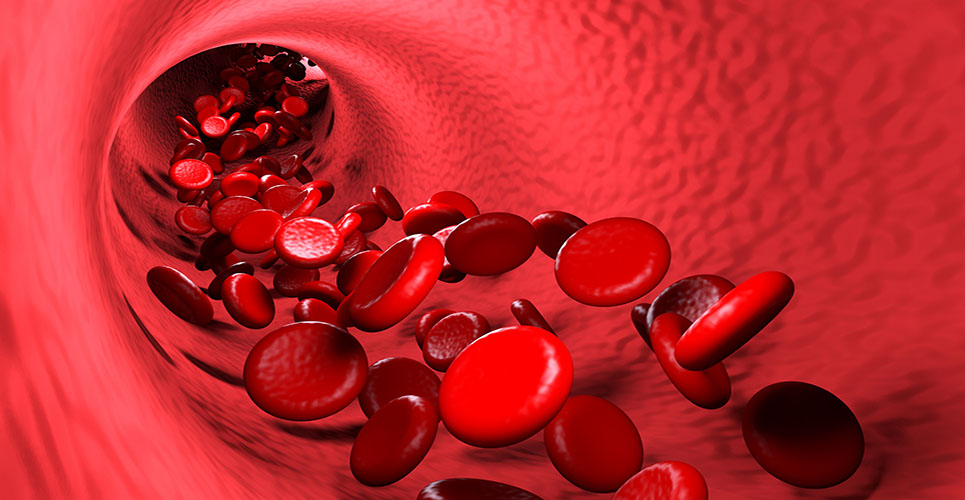teaser
The FDA has responded to the supplemental new drug application (sNDA) for Xarelto® (rivaroxaban) for prevention of secondary events in patients with acute coronary syndrome (ACS).
Bayer is evaluating the complete response lette,r regarding rivaroxaban 2.5mg BID in combination with standard antiplatelet therapy for reduction of secondary cardiovascular events in ACS patients, from the FDA together with its cooperation partner Janssen Research & Development, LLC, and will respond to the Agency’s questions.
“We are confident of the safety and efficacy of rivaroxaban in this indication and will work closely with our development partner Janssen Research & Development, LLC, to address the questions set forth by the FDA,” said Dr. Kemal Malik, Member of the Bayer HealthCare Executive Committee and Head of Global Development.
Xarelto® is approved for three uses in the U.S.:
• to reduce the risk of blood clots in the legs and lungs of people who have just had knee replacement surgery
• to reduce this risk in people who have just had hip replacement surgery
• to reduce the risk of both haemorrhagic and thrombotic strokes as well as other blood clots in people with atrial fibrillation not caused by a heart valve problem
Bayer’s cooperation partner Janssen Research & Development, LLC filed this sNDA with the FDA on December 29, 2011 and received a priority review designation from the FDA on February 27, 2012.
On May 23, 2012, the FDA’s Cardiovascular and Renal Drugs Advisory Committee narrowly voted against recommending approval of rivaroxaban in this indication.
The sNDA includes results from the pivotal, global Phase III ATLAS ACS 2-TIMI 51 study, which showed that rivaroxaban 2.5 mg dosed twice daily in addition to standard antiplatelet therapy (low-dose aspirin with or without a thienopyridine such as clopidogrel or ticlopidine) significantly reduced the composite primary efficacy endpoint of cardiovascular death, myocardial infarction or stroke in patients after a recent ACS compared to those receiving standard antiplatelet therapy alone.
In addition, rivaroxaban significantly reduced cardiovascular death in patients with ACS. Rates of TIMI (Thrombolysis In Myocardial Infarction) major bleeding events not associated with coronary artery bypass graft (CABG) surgery were low overall, but rivaroxaban was associated with higher rates of these bleeds compared with standard therapy alone.
Importantly, these differences were not associated with an increase in the risk of fatal bleeding or fatal intracranial haemorrhage (ICH).

